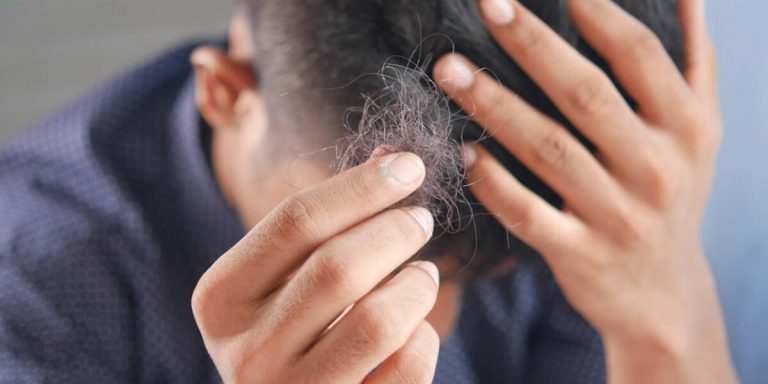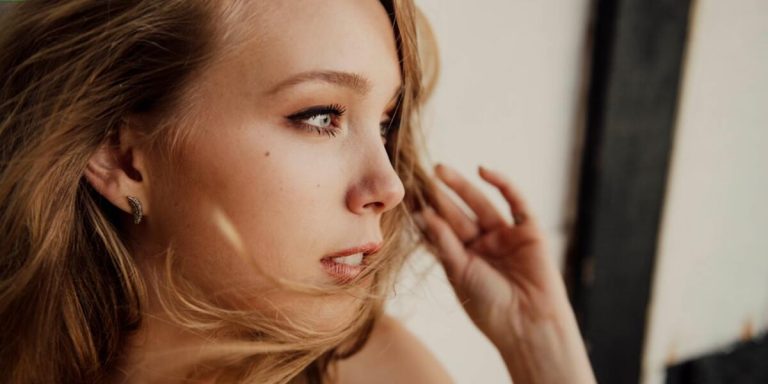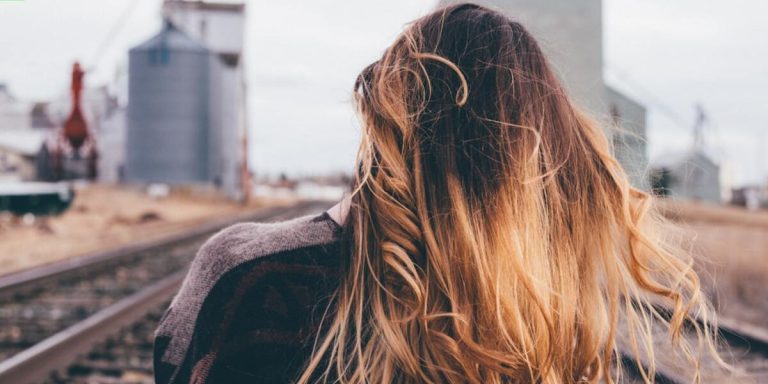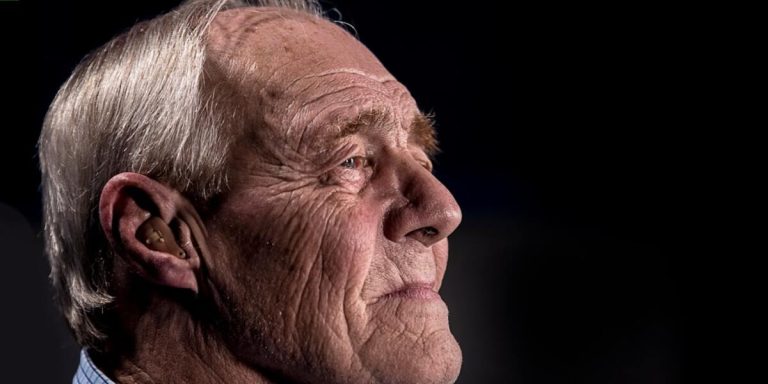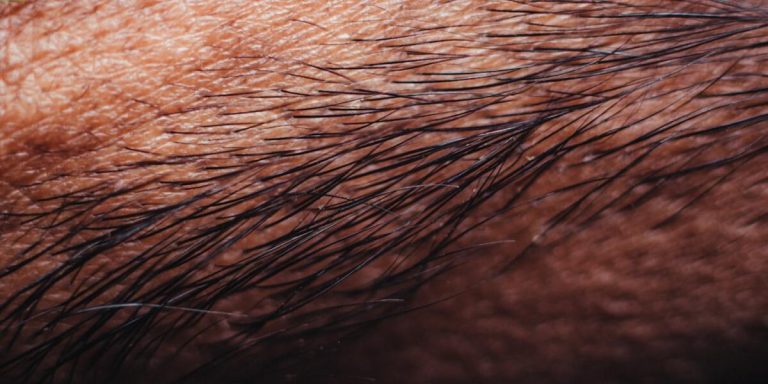Can Botox Cause Hair Loss? A Comprehensive Analysis
The question “Can Botox cause hair loss?” has been gaining traction in recent years. As more people turn to this popular cosmetic procedure for wrinkle reduction and skin tightening, the potential side effects have become a topic of interest. Botox is trusted by millions across the globe but as with any medical treatment, understanding possible implications is essential.
This blog post strives to provide an exhaustive analysis on whether or not botox can contribute to hair loss. Drawing from scientific researches and expert insights, we delve deep into unraveling if there’s indeed a link between these seemingly unrelated factors – botox administration and ensuing hair thinning or loss.
Did you know?
Surprisingly, a study from the Scientific Research Publishing revealed that Botulinum toxin (Botox) can actually promote hair regrowth by relaxing muscles, boosting blood flow and delivering nutrients to the hair follicles – contrary to popular belief.
Understanding the Link Between Botox and Hair Loss
In recent years, Botox has gained considerable popularity for its ability to smooth out wrinkles and fine lines. However, a question that is arising frequently in 2023 is whether or not this cosmetic procedure can cause hair loss. This query stems from anecdotal reports where individuals have noticed thinning hair post their botox treatment.
Understand the link between Botox and potential hair loss by delving into a typical injection session. Botox, the toxin botulinum type A, blocks nerve signals that cause muscle contractions.
To understand how this affects the hair growth cycle, consider that disrupting nerve signals could potentially impact follicle health. This may alter regular growth rhythms or lead to shedding.
At present science does not provide clear-cut evidence relating directly botox use with increased risk of baldness or significant reduction in volume. It’s mainly because our hairs aren’t controlled via neuromuscular mechanisms unlike facial expressions thus botoxing theoretically shouldn’t impact them negatively per se.
Investigating Scientific Evidence of Botox-Related Alopecia
Scientific research plays a crucial role in examining the connection between Botox and hair loss. Multiple studies have been carried out to investigate this link, primarily focusing on whether injecting Botox can cause temporary or permanent alopecia.
Starting off with some basic biology: hair growth is a cyclical process that involves distinct phases namely Anagen (growing phase), Telogen (resting phase) and Catagen (transitional stage). Any disruption in these stages could lead to aberrant situations like premature shedding or ‘Telogen Effluvium.’ One theory suggests that stressors like trauma from botox injections might push more hairs than usual into the resting phase resulting in noticeable thinning later.
In addition, there’s another interesting angle involving muscle relaxation properties of Botox – its very raison d’être. Some researchers speculate if the paralyzing effect it has on muscles around injected area might reduce blood flow leading to less nutrients availability for follicles thereby making them weaker over time.
However, concrete evidence supporting such claims remains scanty at best till 2023 as most available studies are small scales ones which hampers their generalizability. Moreover, counter-arguments exist emphasizing how certain types of dermal filler treatments could possibly even assist with regrowth by stimulating scalp circulation implying solutions are multifactorial so simply blaming one procedure seems reductionist approach, hence not accurate enough.
Assessing Real Patient Experiences with Post-Botox Thinning
A popular aesthetic treatment, Botox is widely lauded for its ability to smooth wrinkles and rejuvenate appearances. However, when addressing the question “can botox cause hair loss”, many real patients have voiced concerns about post-Botox thinning.
Patient testimonials across various platforms provide varied experiences too; with reports ranging from obvious hair thinning shortly after receiving their treatments to no noticeable changes at all even over extended periods.
Common Triggers for Hair Loss Beyond Cosmetic Procedures
One may not immediately think of botox when considering the common triggers for hair loss, but it’s crucial to explore every potential cause behind this widespread issue. Botox, a well-known cosmetic procedure often utilized by individuals seeking wrinkle reduction and youthful rejuvenation, can sometimes be linked with hair loss – an unintended consequence that seems quite contrary to its primary goal.
While research on whether botox directly causes hair thinning or balding is ongoing in 2023, many experts posit that factors such as incorrect injection techniques or administering doses higher than recommended might lead to possible adverse effects including scalp discomfort and subsequently hair fall. This emphasizes how important it is — even with minimally invasive procedures like botox— to choose certified medical practitioners who follow ethical practices.
Hormonal Imbalances and Their Impact on Hair Health
Hormonal imbalances are a significant and often overlooked factor when it comes to hair health. They can trigger changes in your body, leading to unwanted side effects like hair loss. While most people highlight beauty treatments such as botox for causing hair fall, you may be surprised at the role hormones play.
It’s not just about excess; deficiency also plays a part here! Low thyroid hormone levels are another common cause contributing towards poor scalp health. Your thyroid gland helps control your metabolism rate which includes cell reproduction – an essential process for healthy tresses.
The question arises – “can botox cause hair loss?” Well ironically enough while many believe that cosmetic procedures might potentially stimulate sudden shedding episodes due its inherent chemical composition- there’s no substantial evidence supporting this claim as yet according to research conducted within medical community throughout 2023 thus far.
With all these facts on hand though we realize how fundamental good hormonal balance truly remains not only overall physical well-being but particularly maintaining optimal scalp condition preventing unnecessary fallout giving us one less thing worry about indeed!
Nutritional Deficiencies Contributing to Increased Shedding
Nutritional deficiencies are a common but often overlooked cause of hair loss. The lack of certain nutrients within our diets can lead to increased shedding and hinder healthy hair growth resulting in noticeable thinning over time.
Iron is notably one such nutrient that plays a crucial role in the health of your locks. An iron deficiency, or anemia, may interrupt the normal cycle of hair growth leading to excessive shedding. Equally important for maintaining lustrous tresses is Vitamin D – its deficit has been linked with alopecia, a disorder characterized by severe hair loss from some or all areas of the body.
The B-vitamin family also significantly contributes towards preventing unnecessary sheddng where Biotin in particular aids new cell production including those involved in scalp-hair formation while Folate (vitamin B9) supports overall thickness and sheen promoting lustful crowning glories.
An inadequate intake alongwith poor absorption rates could so potentially increase chances for visible losses being experienced indeed answering “can botox cause my sudden chronicling?”. It’s thus recommended ensuring adequate supply either through balanced dietary habits like consuming leafy greens and lean proteins richly imbued with these essential components; alternatively consider professional advice on supplementing requirements empowering yourself against unwarranted frights!
Strategies to Mitigate Potential Hair Loss from Botox Treatments
In recent years, botox treatments have gained immense popularity for their cosmetic benefits. However, a concern that has surfaced more often is whether or not these procedures can lead to hair loss. While scientific studies are yet to establish direct links between botox and hair loss, there’s always scope for mitigating potential risks associated with any procedure.
A crucial strategy in preventing possible hair loss from botox treatment lies in understanding the reasons behind it. Some people may experience this as an adverse side effect due to excessive tension on the scalp muscles after receiving injections; though rare, such instances cannot be entirely overlooked. Therefore, choosing experienced dermatologists who use precise injection techniques becomes critical here.
Additionally, maintaining good overall health can help promote better results post-botox treatments while reducing chances of unwanted outcomes like hair fall. This includes properly hydrating your body before and after therapy sessions and eating balanced meals rich in proteins and vitamins—essential nutrients known for preserving hair strength.
Remember: awareness about potential side effects doesn’t mean you’ll necessarily suffer from them—it means being prepared should they occur! In essence: say yes to Botox without fear but stay informed about what it involves so you’re able enjoy its benefits fully—all while keeping your mane intact!
Pre-Treatment Measures to Protect Your Scalp Health
Whether or not can botox cause hair loss, it’s always better to be safe than sorry. When considering undergoing Botox treatments, there are numerous steps you can take to preserve your scalp health and deter potential hair loss situations.
Firstly, maintaining a healthy diet should become your priority. A well-balanced diet boosts the overall body health including that of the scalp and follicles which is crucial in preventing unwanted side effects from medical procedures such as Botox. Consuming a variety of foods high in vitamins A, C and E along with Omega-3 fatty acids promotes healthier tresses by aiding cellular regeneration on the scalp.
Secondly incorporate regular exercise into your routine if haven’t already done so! Exercise increases blood circulation throughout our bodies including our scalps; higher levels of nutrients reach our follicle cells promoting stronger growth patterns for existing hairs potentially reducing chances of chemical-induced fallout.
Next up hydration plays an important role too! Drinking ample amounts water ensures toxins get flushed out system rather quickly decreasing their dwelling time within us hence minimizing their damaging impacts upon sensitive areas like our scalps!
Post-Botox Care: Promoting Healthy Regrowth and Minimizing Risks
Following your Botox treatment, you might be concerned about potential hair loss. Thankfully, there are multiple strategies that can help to mitigate these risks and promote healthy regrowth.
Firstly, maintaining a balanced diet is crucial. Consuming nutrients such as proteins, vitamins A and C helps in supporting strong roots and promoting growth for healthier follicles over time post-treatment. These essential elements can be found in foods like eggs, berries or leafy greens which should form part of everyday eating habits.
Secondly try integrating scalp massages into daily routines. They increase blood flow to the scalp area thereby stimulating hair growth by delivering more nourishment to the roots following any botox treatments.
Another effective strategy involves avoiding hairstyles that pull on the root of hairs excessively – ponytails or braids for instance could potentially weaken your follicles if worn too tight hence leading them susceptible towards breakage due possibly increased susceptibility caused from previous Botox administration associated stressors on this region’s cellular structures (follicle cells).
Conclusion
In conclusion, the narrative “can botox cause hair loss?” is multifaceted. While Botox may not directly lead to hair loss, it’s essential to be aware of all potential side effects and take them into account before making a decision on undergoing any treatment – even one as popular as Botox. Each individual’s body reacts differently, so what might work wonders for some could potentially spell trouble in others.
Don’t let this information discourage you from exploring beauty treatments or affect your confidence negatively though! If there are still lingering doubts about whether ‘Botox can cause hair loss’ or just general inquiries related to causes of hair fall; our website has an extensive range of articles diligently curated with accurate and up-to-date knowledge. We encourage you at every step while you navigate through these hairy situations towards healthier tresses!


